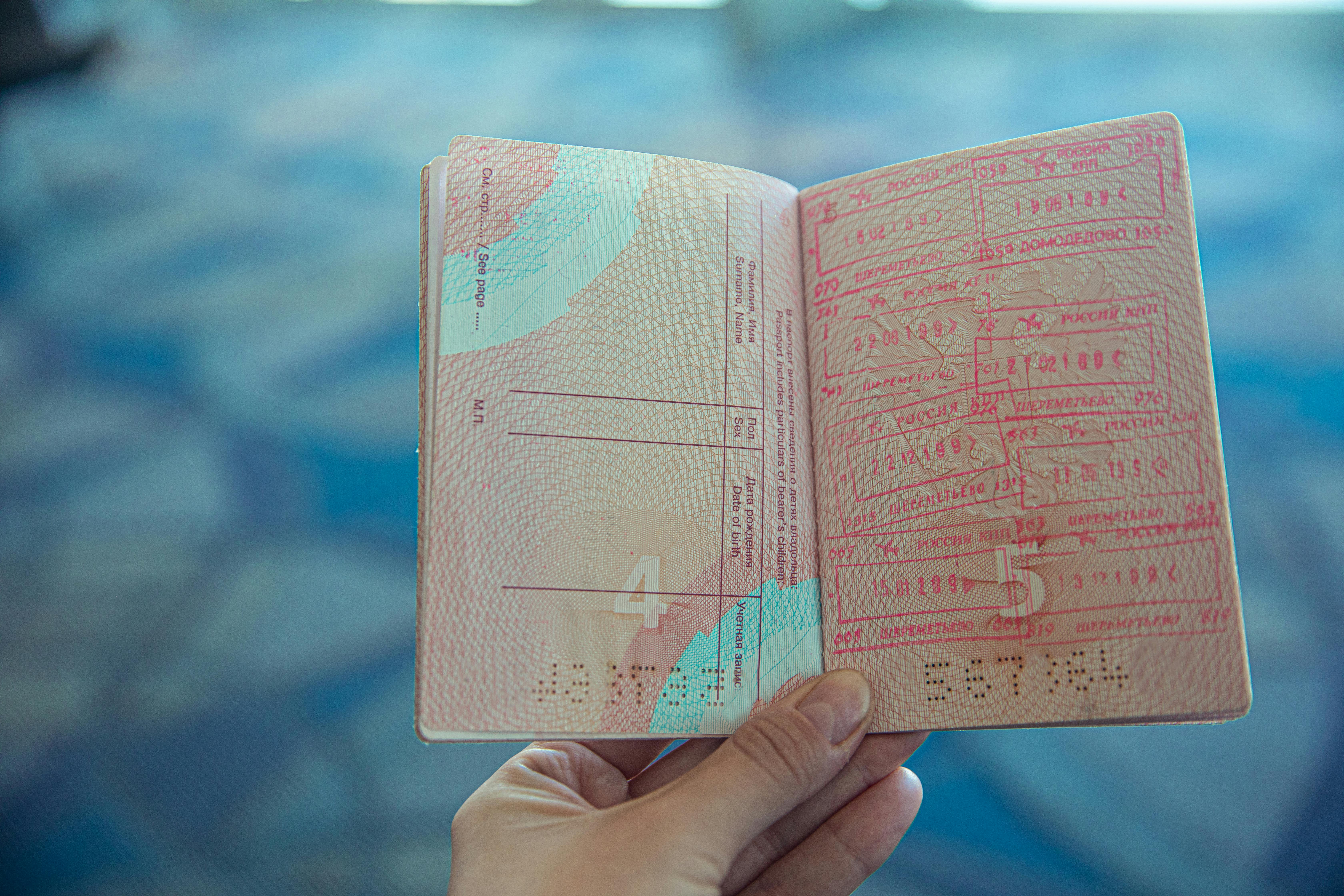
Introduction
The importance of social media disclosures for U.S. visa applicants cannot be overstated. With the increasing integration of technology into immigration processes, the U.S. Embassy in India has made it clear that visa seekers must now provide information regarding their social media handles. This rule, an extension of the initial policy introduced in 2019, is specifically aimed at enhancing national security and ensuring comprehensive background checks for all applicants.
Understanding the New Rule
According to the latest guidelines mandated by the U.S. Embassy, anyone applying for a visa must list their social media handles used in the last five years on Form DS-160. This requirement emphasizes transparency, prompting applicants to report on a variety of platforms.
- X (formerly Twitter)
- TikTok
- YouTube
This directive applies not just to active accounts but also any handles that may not have been used recently. If an account has been utilized within the past five years, it must be disclosed. This is crucial for individuals to understand, as all the reported usernames will be thoroughly examined.
The Implications of Non-Disclosure
Failing to reveal social media identifiers can have serious repercussions for visa applicants. The consequences include:
- Immediate denial of visa application
- Extended processing times due to additional scrutiny
- A potential red flag on future visa applications
Moreover, not providing this information could be interpreted as providing incorrect data, which can adversely affect the applicant’s eligibility for future visits to the United States. It is imperative for applicants to approach this requirement with seriousness and transparency.
Why Is This Information Required?
The U.S. Foreign Ministry has instituted this requirement as a part of its efforts to bolster national security. The sharing of social media information helps immigration officials verify identities and uncover patterns that may suggest security threats.
This trend is not isolated; it reflects a global movement where immigration and border control agencies leverage online data to conduct thorough background checks. The collection of such personal information is seen as a vital step in safeguarding national interests.
Steps for Applicants to Follow
For individuals preparing to fill out the DS-160 form, these recommended steps should be followed to ensure compliance:
- Conduct a thorough review of all social media accounts held in the last five years.
- Maintain an updated list of relevant usernames exactly as they appear on the platforms.
- Do not overlook any accounts; even minimal activity can be significant.
- Prioritize transparency—it’s advisable to disclose every handle rather than omit any for fear of judgment.
Final Thoughts
This recent update serves as a crucial reminder for Indian visa seekers and travelers worldwide. In this digital era, one’s online presence is an integral part of their identity. Conforming to these new regulations is vital for a smooth visa application process, emphasizing the need for honesty and thoroughness when completing the DS-160 form.
This requirement applies to a broad spectrum of individuals—students, professionals, tourists, and frequent travelers alike—indicating that it is not just a recommendation but an essential part of securing U.S. visa approval. Keeping abreast of updates from official U.S. Embassy sources will aid applicants in ensuring their submissions are complete and truthful.
In conclusion, the Insight Tech Talk encourages all visa seekers to stay informed and prepared. Keep looking out for more updates regarding visa news and technology policies, as being well-informed is crucial in today’s fast-evolving immigration landscape.
